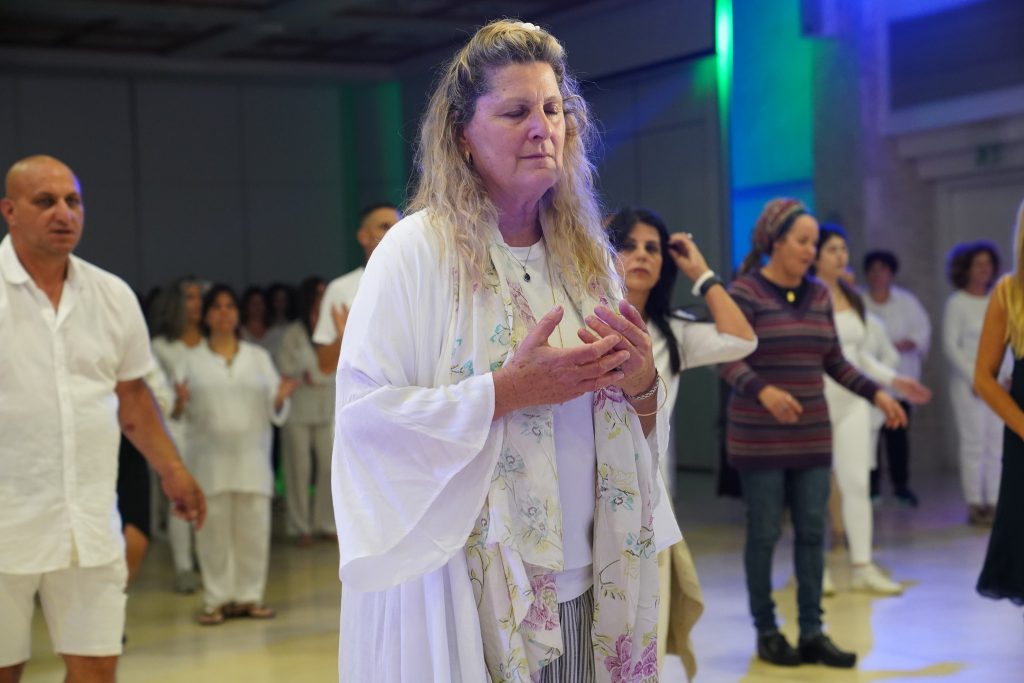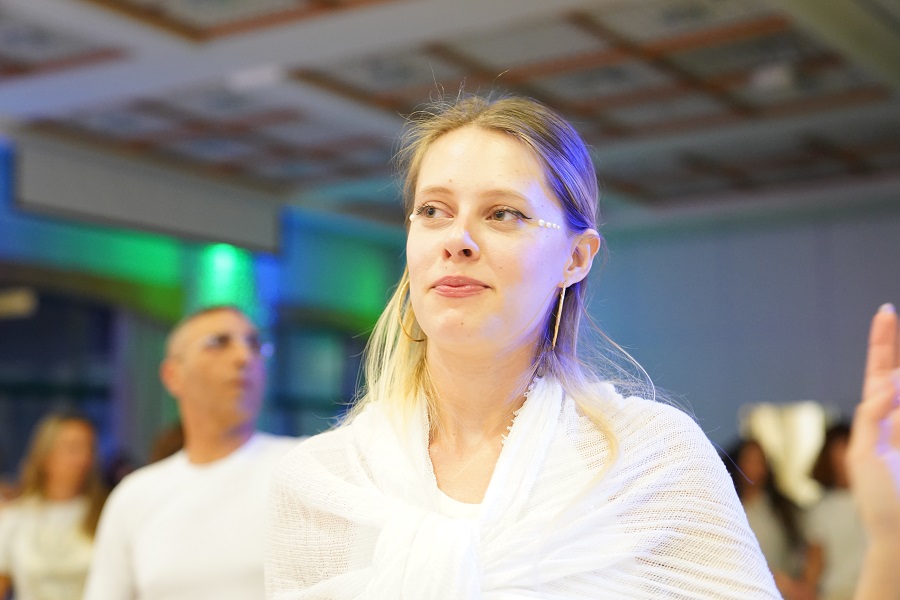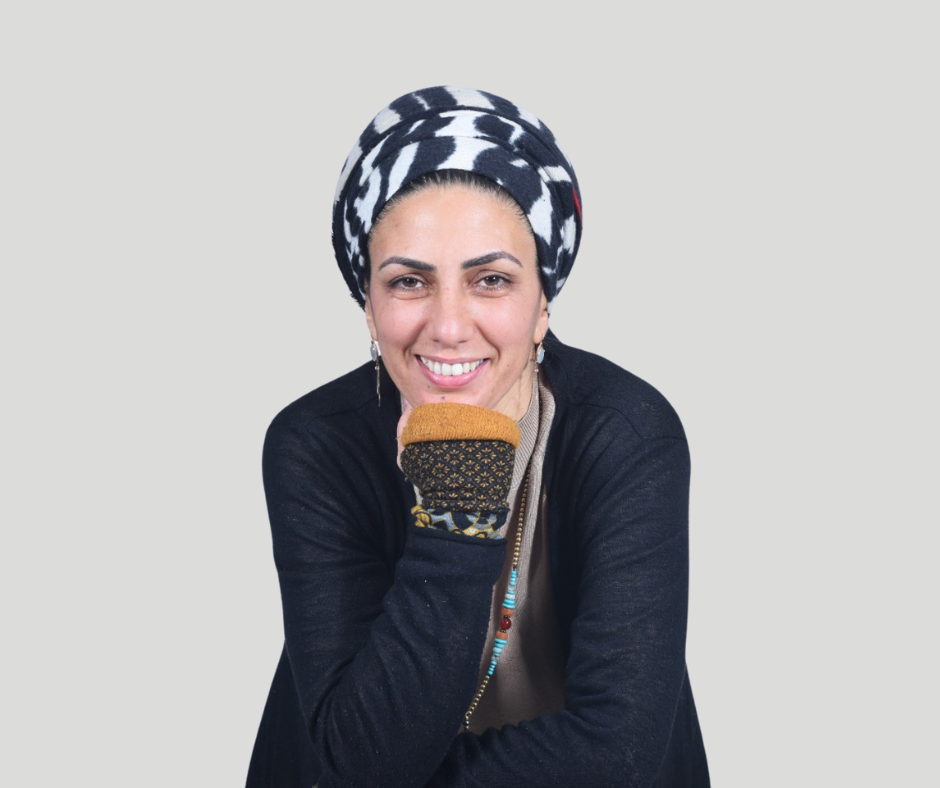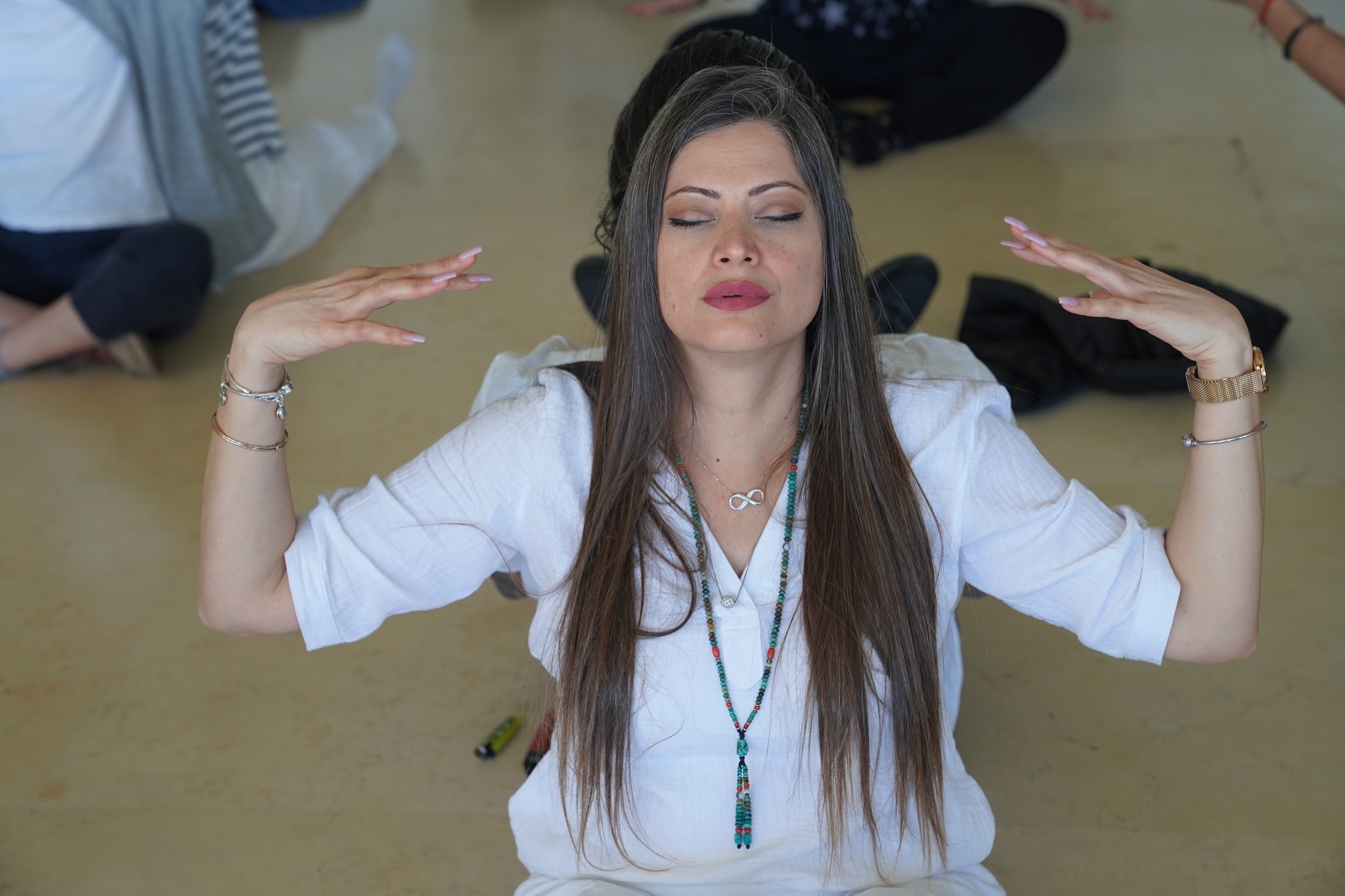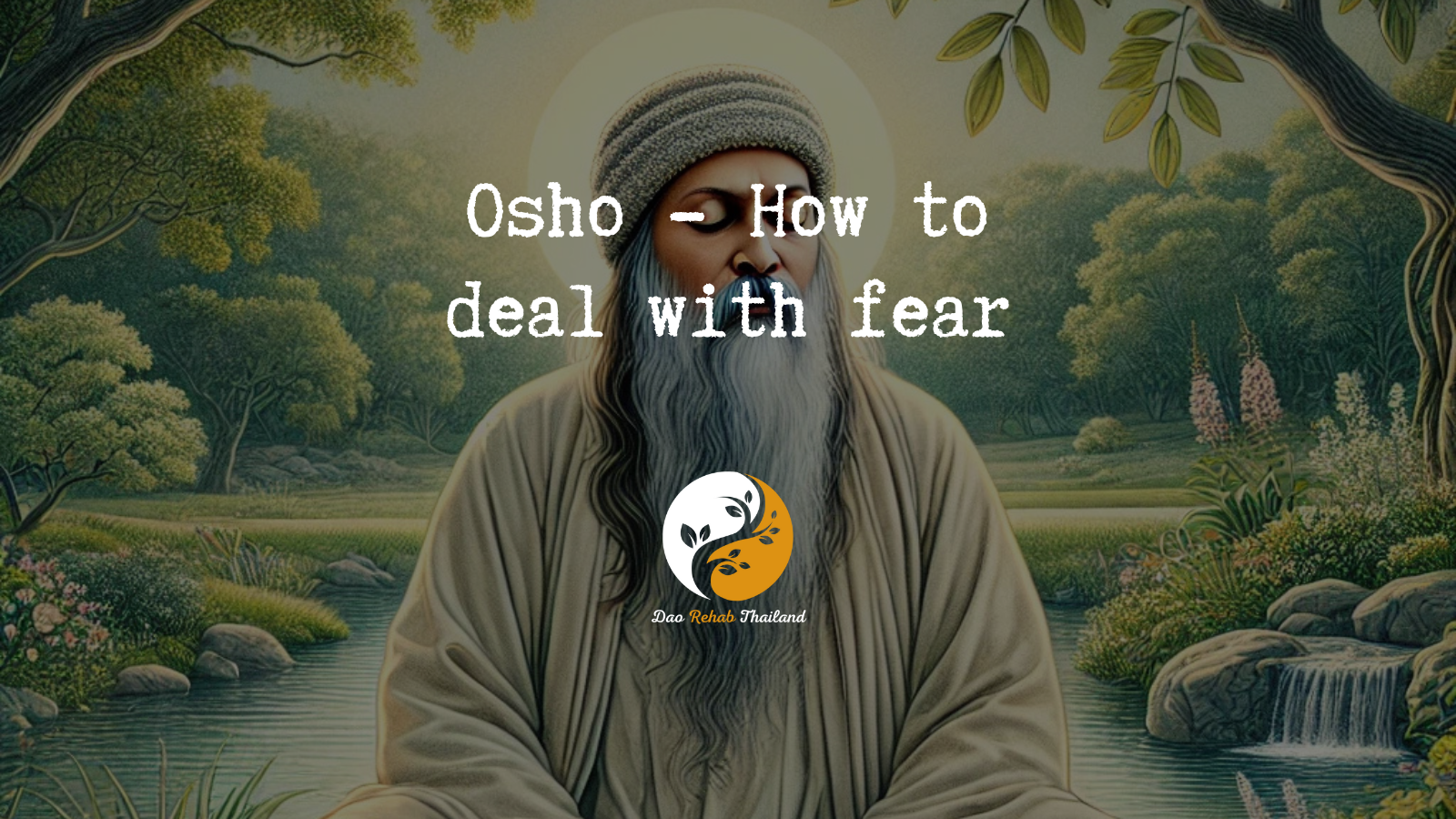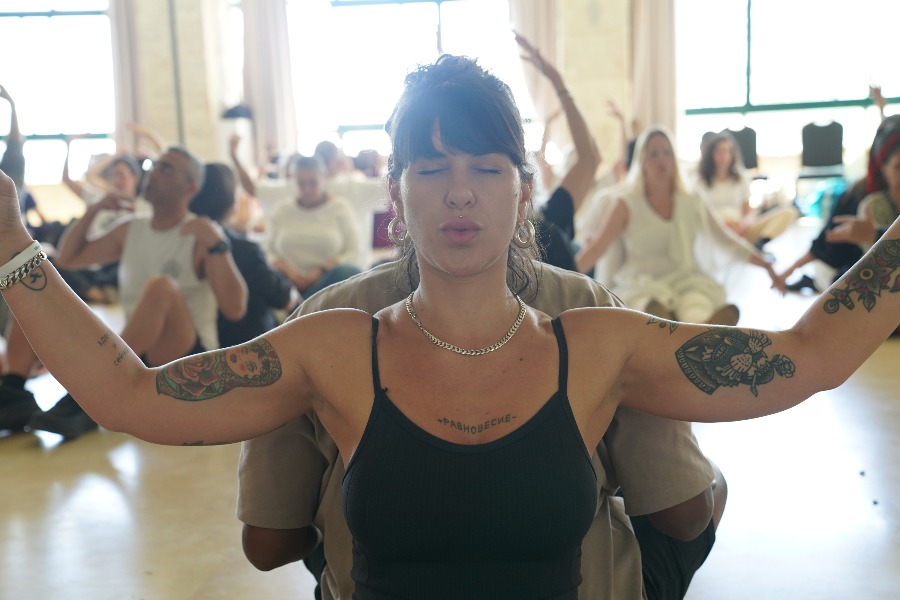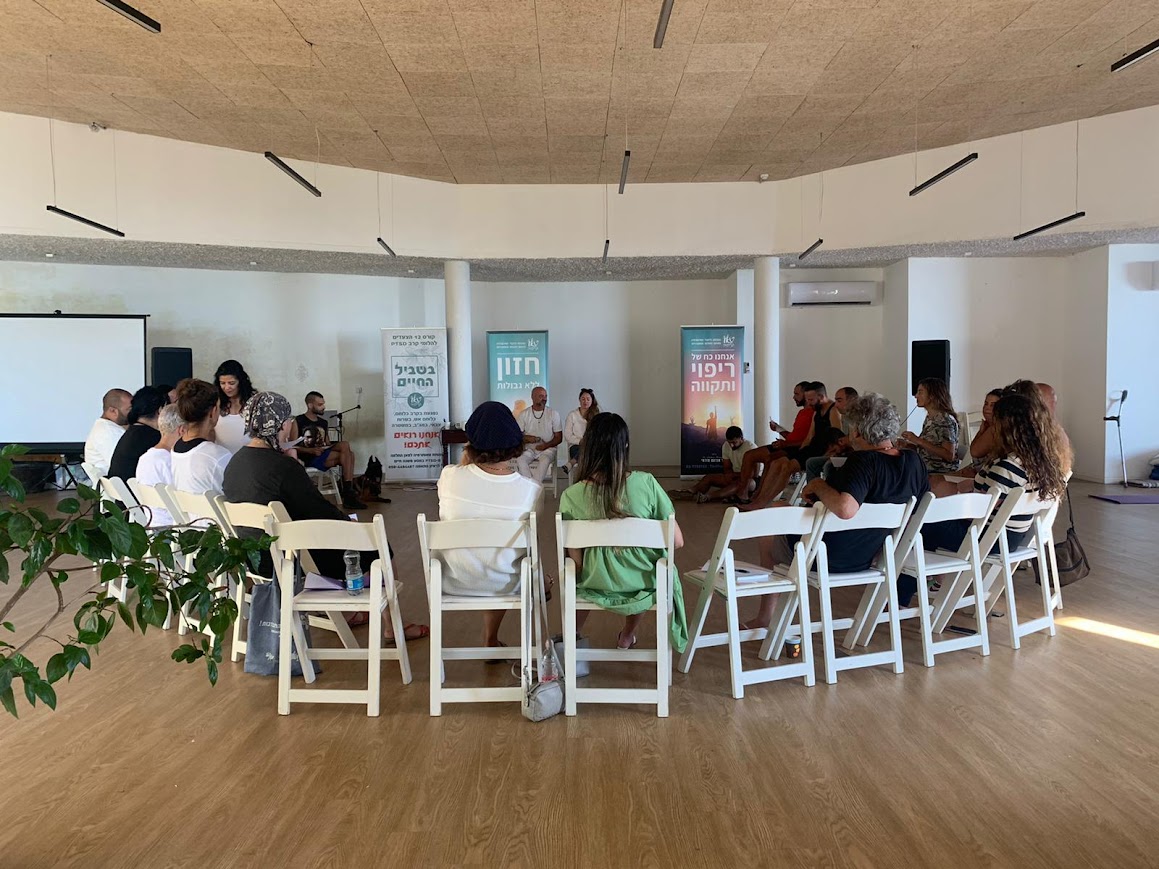
Alcoholics Anonymous – Treatment in Thailand
Alcoholics Anonymous
dao rehab center

Discover the path to inner peace with the 12-step course in the DaoTherapy method.
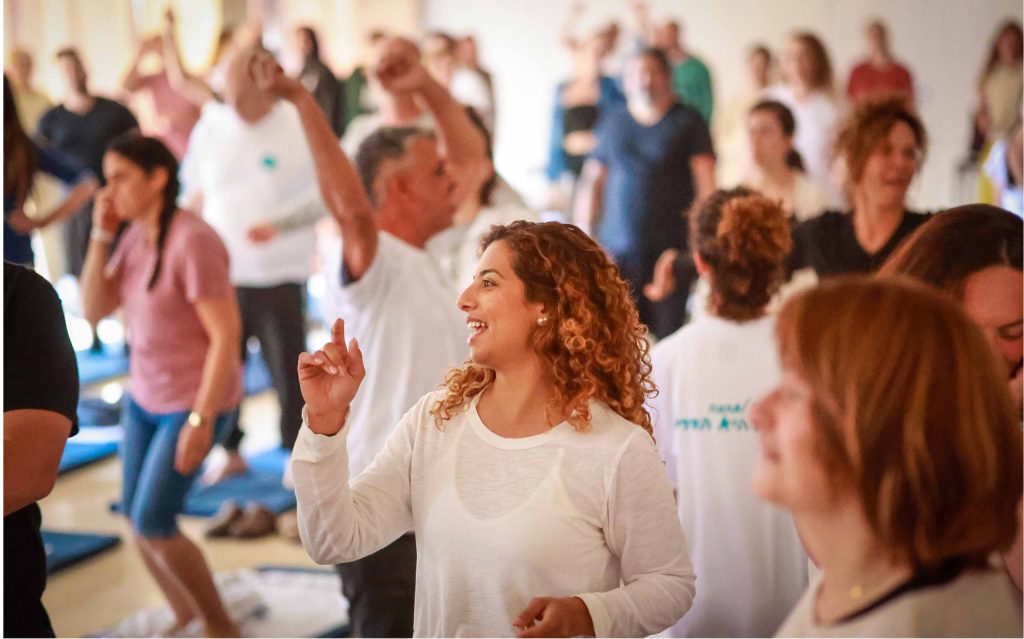
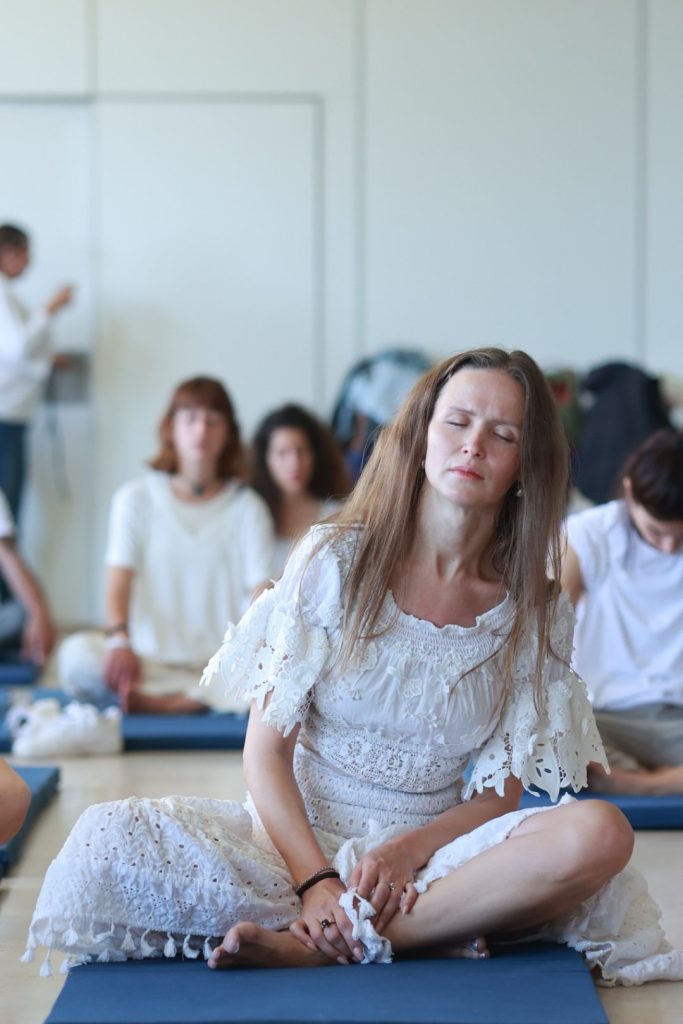
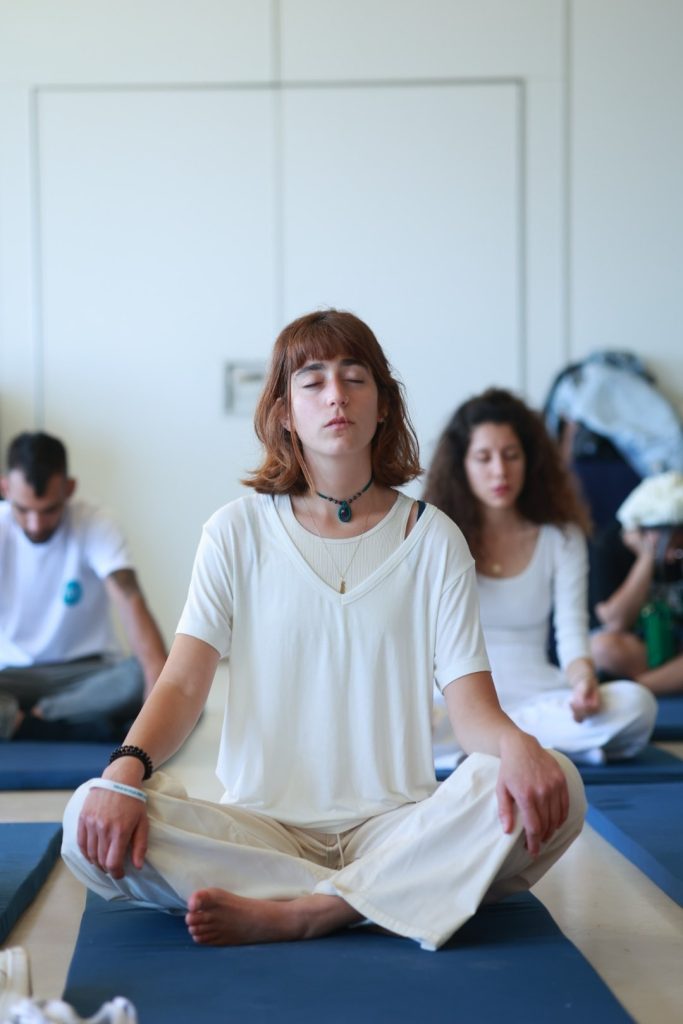
Alcoholics Anonymous (AA) is a global fellowship dedicated to helping individuals recover from alcoholism through peer support and the 12-step program. Founded in 1935, AA offers a safe, non-judgmental space for people struggling with alcohol addiction to share their experiences, gain encouragement, and find lasting sobriety. The organization operates on anonymity and a spiritual foundation, welcoming individuals from all walks of life. With meetings held worldwide, AA provides a supportive community where members work together to overcome addiction and rebuild their lives.
Your recovery,
is in our hands
The entire team of experts at Dao-Therapy Rehab Thailand is at your service for any matter related to trauma and addiction recovery in Thailand.
daotherapy
The way of the Alcoholics Anonymous group.
A review of the history of the 12-step approach begins with the organization of AA. The 12-step program started with Alcoholics Anonymous, which became the prototype for all other 12-step groups. Therefore, it is fitting to start by reviewing the origins of the phenomenon, its sources, beginning with the establishment of AA (Alcoholics Anonymous), while also tracing the conceptual roots of the 12-step approach. This approach has evolved into a global movement that offers a therapeutic program and practical approach to life for countless addictions, mental illnesses, medical issues, relationships, and more.
The early development of AA begins with a chronic alcoholic named Bill Wilson (Bill Wilson). A childhood friend of Bill’s, an alcoholic named Ebby Thatcher, joined the Oxford Group, a Lutheran group active in England and the U.S. in the early 20th century (as discussed later). Through this, he managed to stop drinking and even tried to influence Bill to follow the same path.
The story of Alcoholics Anonymous – Bill Wilson's recovery.
After Bill's initial resistance, mainly due to the religious context, he entered rehabilitation at Dr. Towns' hospital, where he was treated by Dr. Silkworth. Both doctors would later have a significant influence on AA, which will be detailed later. Bill Wilson himself describes how, during his detox from alcohol, in his despair, he turned to God, pleading for help. Suddenly, he was overwhelmed by an unnatural light and a sense that his prayer had been answered. He also felt that the craving for alcohol had been permanently removed (Kessel, 1962, ch.7). After being discharged from the institution, Bill joined the Oxford Group.
Helping others
He also began trying to help other alcoholics, bringing them to the Oxford Group and sharing with them his unique spiritual experience. In all cases, however, he failed. About six months after his spiritual experience, Bill found himself in Akron, Ohio, on a business trip. Aware of the danger posed by being alone in a foreign town (which increased the temptation to drink again), Bill sought out another alcoholic, Dr. Bob Smith, and met with him. The goal was to help Dr. Bob free himself from alcoholism, thereby helping Bill maintain his own sobriety. This meeting marked the birth of AA. Unlike his previous attempts to help alcoholics, Bill did not preach to Dr. Bob, nor did he recount his unique spiritual experiences. Instead, he shared the story of his own battle with alcoholism. This created a sense of identification in the listener, a desire to hear more, and a willingness to accept the speaker's advice, as he clearly "knew what he was talking about." Bill and Dr. Bob founded the first group in Akron, and after Bill's return to New York, he established a group there as well. Initially, the alcoholics remained members of the Oxford Group, but in 1937, they separated from it (Gellman, 1964, pp. 23).
The doctor's opinion:
In 1939, the opinion of the doctor who treated Bill Wilson and thousands of other alcoholics was expressed: "The subject matter presented in this book (The Big Book of AA) seems to me of utmost importance for those affected by alcohol addiction. I say this after many years of experience as the medical director of one of the oldest hospitals in the country that treats alcohol and drug addictions."
Alcoholics Anonymous
By: Dr. Avraham Mizrahi
In 1939, the opinion of the doctor who treated Bill Wilson and thousands of other alcoholics was expressed: “The subject presented in this book (the AA Big Book) seems to me of utmost importance for those affected by alcohol addiction. I say this after many years of experience as the medical director of one of the oldest hospitals in the country treating alcohol and drug addictions. Therefore, I had a real sense of satisfaction when I was asked to dedicate a few words to the subject presented in such great detail in this book. We, as doctors, have long recognized that mental psychology is of urgent importance to alcoholics, but the consequences derived from it are beyond our understanding. Considering our ultra-modern standards, our scientific approach to everything, it is possible that we are not sufficiently equipped to summon the forces of good, which lie beyond the reach of our synthetic knowledge.”
In the early days, recovering alcoholics were greatly influenced by a spiritual leader named Emmet Fox, a connection made through Fox’s secretary, who was the mother of one of the people working with the founders of Alcoholics Anonymous (Bill W). As a result of this connection, some members of AA frequently went to hear Fox. His writings, particularly *The Sermon on the Mount*, fascinated Bill W and made the book popular within AA.
This is the introduction as it appeared in the first printing of the first edition in 1939: “We from Alcoholics Anonymous are a group of more than one hundred men and women who have recovered from a seemingly hopeless mental and physical condition. The primary purpose of this book is to show other alcoholics precisely how we have recovered. We hope that these pages will be so convincing that no other proof will be necessary. We think that our record will help anyone better understand the alcoholic. Many people do not realize that the alcoholic is a very sick person. Moreover, we are confident that our way of life has advantages for everyone.”
In 1939, the organization had about one hundred members (Alcoholics Anonymous, 1989, p. xii). The first edition of the AA book marked the moment when the then-unnamed organization received its current name. Until the early 1940s, AA’s growth was steady but relatively moderate. In 1941, a favorable article on AA by journalist Jack Alexander was published in a popular newspaper (*Saturday Evening Post*). As a result, the organization experienced a steep rise in the number of groups and members, spreading beyond the borders of the United States. By 1989, the organization was estimated to have around 1.6 million members in seventy-six thousand groups in 119 countries (ibid, p. xv).
Journalist Jack Alexander (1941) published an article where he highlighted the uniqueness of AA, writing: “Here lies much of the unique power of a movement which, in the last six years, has led to the recovery of around 2,000 men and women, a large percentage of whom were considered medically hopeless. Doctors and clergy, working separately or together, always managed to save a few cases. In rare instances, alcoholics found their own methods of recovery. But recovery from alcoholism was negligible. The alcoholic, being sensitive and suspicious by nature, likes to work out his mystery alone and has a convenient way of ignoring the tragedy he causes in the meantime to those close to him. He clings desperately to the belief that, although he has been unable to handle alcohol in the past, he will eventually succeed in becoming a controlled drinker. He is one of the strangest creatures of medicine, often not an intelligent or particularly sharp person.”
There is no false excuse for drinking that Alcoholics Anonymous hasn’t heard or used themselves. When one of their potential clients gives such rationalizations and then gets drunk, they respond based on their personal experience. This irritates him a little, and he becomes defensive. He looks at their tidy clothes and smoothly shaved faces and accuses them of being “good kids” who don’t know what it means to struggle with alcohol. They respond by sharing their own painful personal stories. This was part of an article that promoted AA membership.
The book *Twelve Steps and Twelve Traditions* was published in 1953, written by founders Bill Wilson and Dr. Bob, where they shared their experiences from 18 years of personal recovery and that of other alcoholics. In recent years, many AA members have tried to attribute the professional sources of the ideas found in the *Twelve Steps*, perhaps to expand on them. However, the connection to the historical origin and the way the book is presented, which has helped millions of people around the world, has left the book unchanged. In 2002, at the World Conference in the U.S., it was announced that the book would remain forever in the original form written by Bill Wilson for the *Twelve Steps* and *Twelve Traditions* (Alcoholics Anonymous, 2014).
Bill Wilson (1895-1971) was one of the two co-founders of AA (Alcoholics Anonymous). His personal experiences and leadership were critical to the organization’s success. After years of heavy drinking and numerous failed attempts to quit, Bill was considered a hopeless alcoholic. He had tried spiritual groups and hospital treatments, but inevitably and willingly returned to drinking. His wife, Mrs. Wilson, remarked that he might either die from alcohol or need to be forcibly admitted to an asylum.
While staying in private hospitals, he had a spiritual experience that removed his compulsion and obsession to drink. His experience became the foundation for the *Twelve Steps*, particularly the recognition of a Higher Power. Bill also realized that his responsibility was to work with other recovering alcoholics, understanding that this personal need was essential for him to remain sober.
He developed this practice as a core principle of AA after his spiritual experience in 1935. He had been sober for several months, but a failed business meeting led him to crave a drink. Instead of giving in, he went to a church library, found a phone directory, and began calling to ask if anyone could connect him with other alcoholics. Eventually, he was introduced to Dr. Robert Smith, known as Dr. Bob. During their ongoing friendship, Bill encouraged Dr. Bob as he struggled to stay sober. This, in turn, helped Bill maintain his own commitment to sobriety, and the concepts of sponsorship and service were established (Stepping Stones, 2015).
On June 10, 1935, Dr. Bob had his last drink, a date now considered the founding day of AA. Every member of AA can trace the sponsorship lineage to Bill Wilson’s sponsorship of Dr. Bob, marking the first instance of sponsorship in the program. Wilson understood that only another alcoholic could truly comprehend the complex emotions stirred by the exhausting experience of alcoholism. Dr. Bob wrote, “He was the first person who had ever spoken who knew what he was talking about when it came to alcoholism from personal experience. In other words, he spoke my language.”
AA meetings offered understanding and inspiration, not judgment and guilt, which alcoholics typically sought to escape by drinking. If a member stumbled and took a drink, it was seen as a setback, not a failure.
Bill Wilson anonymously authored four books about alcoholism: *Alcoholics Anonymous* (1939), *Twelve Steps and Twelve Traditions* (1953), *Alcoholics Anonymous Comes of Age* (1957), and *The AA Way of Life*. The book *Alcoholics Anonymous*, known as the *Big Book*, includes the 12 Steps and many autobiographical stories contributed anonymously by recovering alcoholics. Wilson wrote the first ten chapters and edited the autobiographical sections. As of 2005, more than 25 million copies of *Alcoholics Anonymous* have been sold.
**Lois Wilson, Founder of Al-Anon Family Groups**
Lois Wilson (1891-1988), the wife of Bill Wilson, was the founder of Al-Anon Family Groups, which provide support to the families and friends of alcoholics. In the early days of AA, family members (mostly women, since most AA members were men) attended AA meetings alongside the alcoholics. This approach helped women support their husbands, but it wasn’t entirely sufficient. There was no forum where women could share their personal experiences and feelings.
In 1940, Lois began organizing separate meetings, known as “family group meetings.” Lois was the first to recognize that family members of alcoholics needed to address their own problems related to their loved ones’ alcoholism and sobriety. She advocated for using an adapted version of the AA 12 Steps to help solve these issues.
To share their method, Wilson and other members wrote the book initially titled “Alcoholics Anonymous: The Story of How More Than One Hundred Men Have Recovered from Alcoholism”, from which AA derived its name.
Informally known as “The Big Book” (with the first 164 pages remaining nearly unchanged since the 1939 edition), it presents a twelve-step program in which members admit they are powerless over alcohol and need help from a “Higher Power.” They seek guidance and strength through prayer and meditation from God or a Higher Power of their understanding; conduct a moral inventory, including a list of resentments; become willing to have their character defects removed; make a list of wrongs and seek to make amends; continue moral self-examination, pray, meditate, and attempt to help other alcoholics recover. The second half of the book, “Personal Stories” (subject to additions, removal, and re-titling in subsequent editions), consists of redemptive autobiographical sketches of AA members.
In 1941, through American radio interviews and positive magazine articles, including one by Jack Alexander in “The Saturday Evening Post”, book sales and membership grew substantially. By 1946, as the growing fellowship faced conflicts over structure, purpose, authority, finances, and publicity, Wilson began developing and promoting what became known as AA’s *Twelve Traditions*. These are guidelines for an altruistic, unconnected, non-coercive, and non-hierarchical structure, which limited AA’s involvement in public causes not directly related to helping alcoholics. Eventually, Wilson achieved the formal adoption and inclusion of the Twelve Traditions in all future editions of *The Big Book*.
At the 1955 conference in St. Louis, Missouri, Wilson relinquished leadership of AA to the General Service Conference, as AA had grown to millions of members worldwide.
Alcoholics Anonymous (AA) claims that it is “not organized in the formal or political sense.” Bill Wilson, borrowing the phrase from anarchist theorist Peter Kropotkin, referred to it as “democratic anarchy.” In Ireland, Shane Butler noted that AA “appears as though it couldn’t survive because there is no leadership or higher level telling members what to do, but it has worked and proven itself in the most powerful way.” Butler explained that AA’s “upside-down pyramid” governance style helped it avoid many of the pitfalls that political and religious institutions have faced since it was established there in 1946.
As of 2018, AA had 2,087,840 members and 120,300 AA groups worldwide. The Twelve Traditions informally guide how individual AA groups operate, while the Twelve Concepts for World Service provide the framework for how the organization is structured globally.
A member who takes on a service or organizing role is considered a “trusted servant” with rotating and limited terms, typically lasting from three months to two years, determined by group vote and the nature of the role. Each group operates autonomously, with AA World Services acting in an advisory capacity only. AA is entirely run by alcoholics, except for seven “non-alcoholic trustees” who serve on the 21-member AA Board of Trustees.
AA groups are self-supporting, relying on voluntary contributions from members to cover expenses. The General Service Office (GSO) of AA limits individual donations to $3,000 per year. Above the group level, AA may hire outside professionals for services requiring specialized expertise or full-time responsibility.
Like individual groups, the GSO is self-supporting. AA generates more than 50% of its income from book and literature sales for its GSO. In accordance with AA’s Seventh Tradition, the central office fully supports itself through literature sales and voluntary donations from AA members and groups. It does not accept donations from individuals or organizations outside of AA.
In line with AA’s Eighth Tradition, the central office employs special workers who are compensated for their services, but their work does not include directly working with alcoholics in need (the “Twelfth Step”). All Twelfth Step calls that reach the central office are referred to sober AA members who have volunteered to handle these requests. Additionally, service centers carry out activities such as printing literature, responding to public inquiries, and organizing conferences. Other international General Service Offices (Australia, Costa Rica, Russia, etc.) operate independently from AA World Services in New York.

contact us
Contact us with your questions
We would love to speak with you! Feel free to reach out with any questions.

get in touch
Schedule a free consultation
Schedule a free consultation with our team and let’s make things happen!
Learn from the best professionals.
The DaoTherapy Academy for Trauma and Addiction Studies.
A journey of healing and conscious transformation through the 12 Steps with DaoTherapy.
Our process
We combine the traditional 12-Step method with a holistic approach rooted in DaoTherapy principles, which includes meditation, yoga, mindfulness, and emotional work. Participants embark on a personal journey of self-discovery and healing, exploring spiritual principles and practical tools for facing life’s challenges, building inner resilience, and maintaining mental balance.
Our mission
To provide practical and spiritual tools to anyone seeking meaning, feeling stuck, or facing a spiritual or emotional crisis, as well as those dealing with addictions and trauma. These tools are based on the principles of the 12 Steps and the holistic DaoTherapy approach. Our mission is to guide participants through a personal healing process and foster profound conscious transformation.
Our vision
Creating a world where individuals struggling with addictions and trauma, along with their families, can find a path to healing, personal growth, and spiritual awakening. We are committed to integrating ancient philosophies with modern principles of emotional therapy, crafting a holistic approach that unites body, mind, and spirit. Our vision is to guide participants on a journey toward inner healing and profound transformation.
If you would like to know more about taotherapy Trauma and Addiction Treatment Center in Thailnd, feel free to drop us a quick message here. Coming to Taotherapy is more than just recovery. You will find support here for life. Even after completing treatment, we offer support groups for continuing support on your journey.
Welcome to the journey
Alcohol detox at Tao Rehab Thailand
“Break free from alcohol addiction and rediscover your life in the tranquil embrace of Tao Rehab Thailand—where holistic healing meets transformative recovery.”
Why Dao-Therapy
Rehab in Pranburi?
Trauma and Addiction Treatment in Thailand – A New Beginning for a Healthy Life
If you are looking for a rehab center in Thailand that offers a holistic approach and high-quality facilities, Tao Rehab is the right choice for you. Join us in a place where you will find all the tools you need for genuine rehabilitation and the creation of a new life filled with meaning and peace. Contact us today to begin your personal journey of healing and recovery from addiction and trauma.
haven for those
seeking recovery
Nestled in the serene surroundings of Pranburi, Dao-Therapy Rehab offers a tranquil haven for those seeking recovery. Pranburi, with its stunning coastal views and peaceful atmosphere, is an ideal location for deep healing and transformation. Our center is designed to blend seamlessly with the natural beauty of the area, creating a serene environment where clients can focus on their recovery. At DaoTherapy Rehab, we combine the best of holistic therapies with the proven success of the 12 Steps program. Our team includes some of the most skilled therapists and practitioners, all dedicated to guiding our clients through their journey of healing. Surrounded by the calm of nature, clients benefit from a uniquely tailored program that addresses the physical, emotional, and spiritual aspects of recovery. Pranburi is not just a place to heal; it’s a place to renew, restore, and reclaim your life.
what makes us different in dao-rehab
Innovative Therapies:
We integrate cutting-edge therapeutic techniques with traditional practices to offer a holistic and comprehensive treatment experience. From the latest advancements in behavioral therapy to innovative mindfulness practices, we are constantly evolving our methods to ensure the highest standard of care.
Creative Expression:
We encourage creative expression as a vital part of recovery. Through art therapy, music, writing, and other creative outlets, our clients are able to explore their emotions, gain new insights, and discover inner strengths. These activities not only support emotional healing but also foster a sense of empowerment and self-discovery.

We Are a Role Model
At DaoTherapy Rehab Thailand, we see ourselves as a role model in the field of rehabilitation and addiction treatment. Our expertise, combined with our holistic and innovative approach, sets us apart as leaders in the industry. We uphold the highest standards of care and are dedicated to providing each client with the tools they need to live a full, balanced, and meaningful life. Our commitment to continuous improvement, attentive care for each individual's needs, and the use of cutting-edge treatment methods establish us as a role model in addiction treatment.
Radical Acceptance
Radical Acceptance is a key concept at DaoTherapy Rehab Thailand, where we encourage individuals to fully embrace their reality without resistance. By acknowledging and accepting even the most difficult emotions and situations, clients can release the struggle against what cannot be changed and focus on healing. This practice, integrated into our therapy and mindfulness sessions, empowers individuals to move forward with greater peace and resilience.
